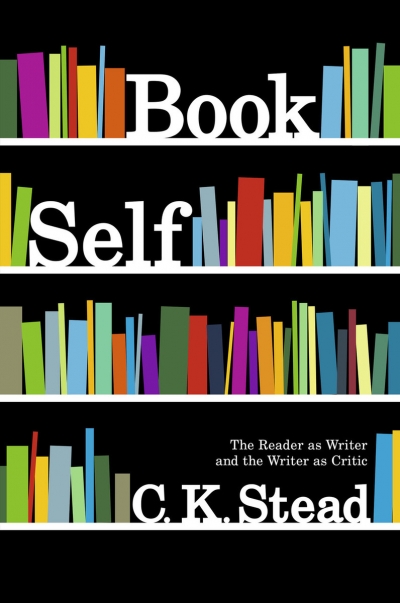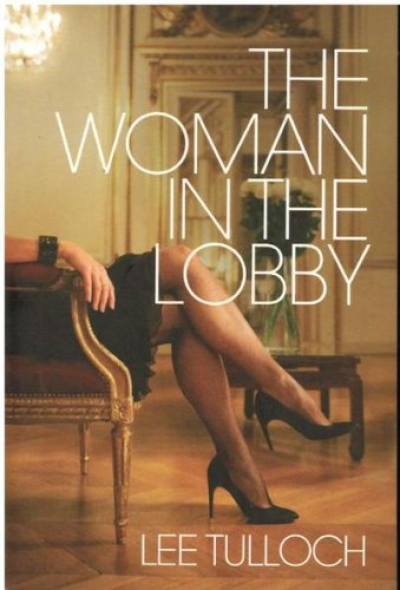Accessibility Tools
- Content scaling 100%
- Font size 100%
- Line height 100%
- Letter spacing 100%
Archive
The Flower Hunter: The remarkable life of Ellis Rowan by Christine and Michael Morton-Evans
I was always going to be a novelist. At the age of six, I wrote fiction about a Willie Wagtail, whose best friend was an ant (even then I had a good grasp on relationships). Several years later I had moved on to human protagonists, mainly young girls living at boarding school and excelling at ballet. I had no experience of either, but I had my dreams. As an adolescent I wrote stories about homelessness and drug addiction, once again from vicarious experience. Then I went to university to do a literature degree and realised that great Australian novelists were serious, learned and (then) mostly male. I still wanted to write my novel, but I decided to live a bit first.
... (read more)The Freedom Paradox: Towards a post-secular ethics by Clive Hamilton
Book Self: The reader as writer and the writer as critic by C.K. Stead
ABR readers to decide the John Button Readers’ Award
To commemorate the life and work of John Button, an esteemed ABR contributor and board member who died in April 2008, we have created a new annual prize. The John Button Readers’ Award will be presented to the author of the most popular article published in ABR during the previous year, as selected by ABR readers.
... (read more)







